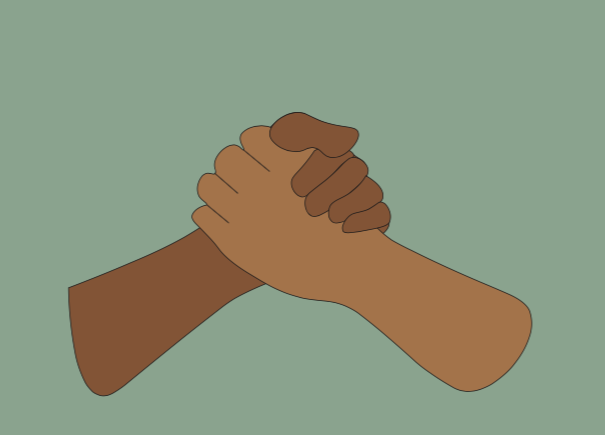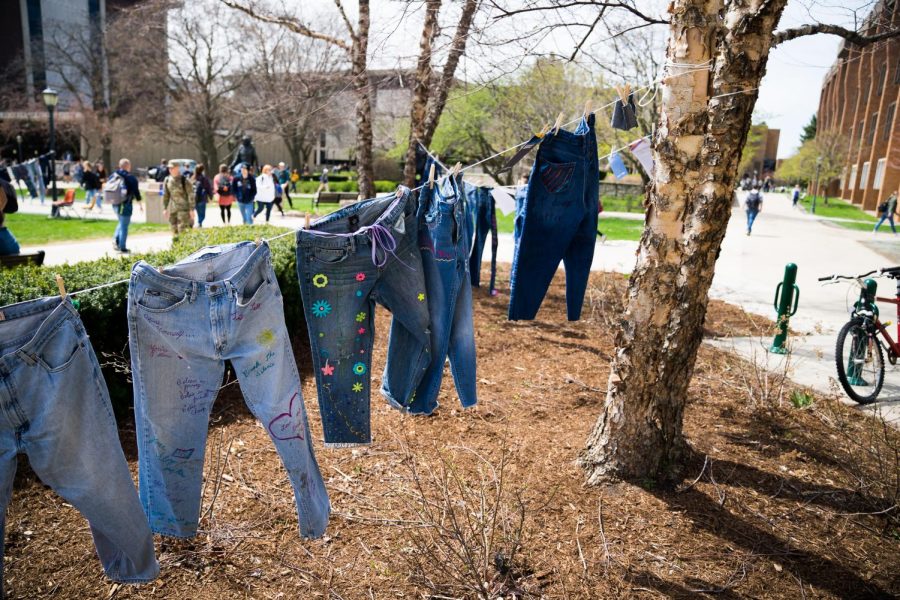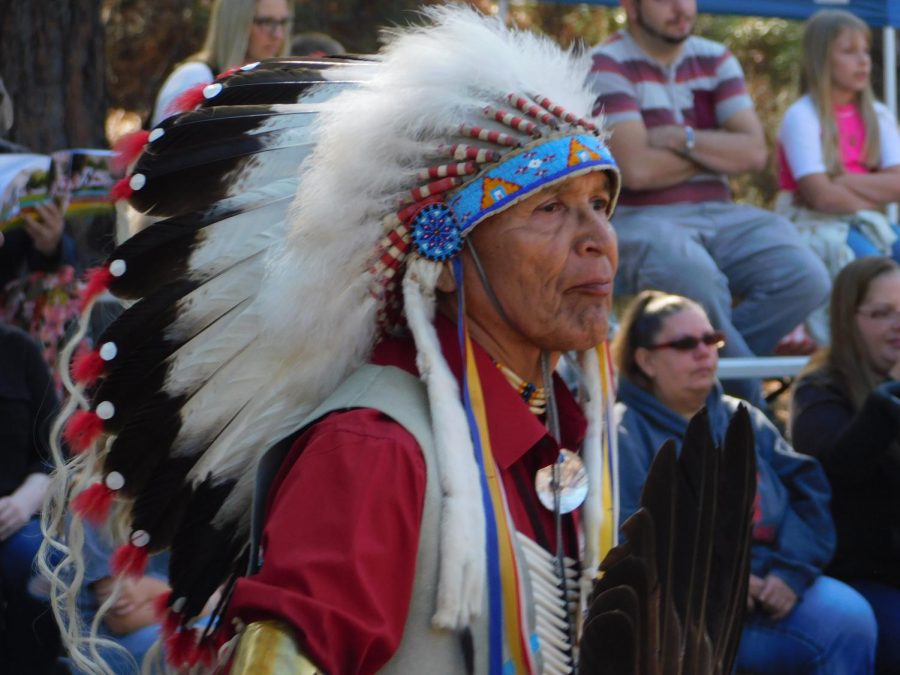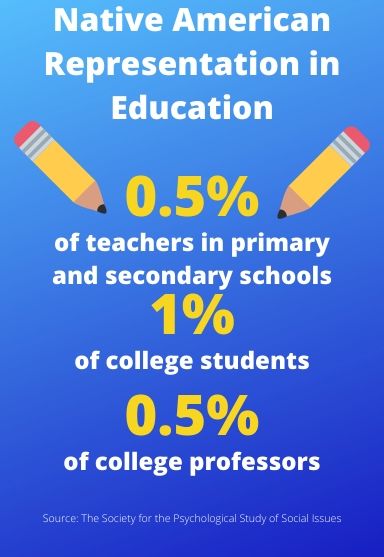Non-Black people of color need to listen, learn and reflect on how to be better allies with the Black community during Black History Month.
Working to help minimize racism against Black people is important, especially in Milwaukee where nearly 39% percent of the population is Black and nearly 56% of the population are people of color.
White people and non-Black people of color will never experience what it’s like to be a Black person in the United States. However, we can work to understand and listen, coming from our own experiences as non-Black people of color. Standing in solidarity with Black people is also important to do in a society that values whiteness.
February is Black History Month, which is a time to uplift and celebrate the successes of Black people in our local communities and across the United States.
Listening is an integral part to being an ally. We need to listen to Black stories and uplift Black voices, not just in February but in every month. Following or connecting with Black activists on social media can be a good place to start. We also need to uplift our Black peers in our own communities as well.
Starting to re-learn history as well as reflecting on how we engage with Black people is also important during Black History Month. Re-educating ourselves will show more support for Black people. We can start this process by reading, watching and listening to stories, films and television shows and music created by Black people.
This can begin with acknowledging ways that we as non-Black people of color contribute to racism.
While non-Black people of color may share similar experiences as Black people in the U.S., from being a person of color, we are not Black. And that makes appropriating Black culture and using the N-word, whether in singing along to song lyrics or talking to friends, inappropriate and wrong.
White people and non-Black people of color don’t have permission to say the word. Ever.
Non-Black people of color may intentionally or unintentionally remove the history attached to the N-word, or may feel that since they’ve shared in some experiences of racism in the U.S., that they can use the word as well. Many people of color have experienced some kind of oppression in the past, but the N-word is not ours to reclaim from a history of slavery.
We need to do our part to show support rather than further perpetuate racism against Black people.
Non-Black people of color may also appropriate Black culture through other types of speech. Recently, actress Awkwafina came under fire for using a “blaccent” and Black mannerisms in many of her roles in movies and television shows. Other celebrities such as musical artists like Olivia Rodrigo and Billie Eilish have spoken with a blaccent, and Eilish also said in an interview that she identified with a white character from the show “Boondocks” who also speaks in a blaccent.
Although these celebrities’ actions may have been unintentional, it’s important that non-Black people of color, as well as white people, recognize when they cross the line of celebrating Black culture to appropriating Black culture.
We have to be mindful of our actions; what we say or imitate can be harmful, regardless of our intentions.
Reflecting on our own biases toward Black people, such as recognizing when we perpetuate stereotypes, is also essential to combating racism against Black people.
We also need to be mindful that we don’t try to engage in an “oppression olympics,” a term first coined by activist Elizabeth Martinez in 1993, which describes how marginalized groups may compete to determine who has been most oppressed. Trying to determine which group has had it worse in the U.S. can prevent moments for listening as well as opportunities of solidarity.
To truly stand in solidarity with Black people, we need to empathize and understand the struggles that Black people experience.
Our experiences as people of color are unique. And these experiences are also unique beyond our skin color, as other aspects of our identities create different challenges and advantages, such as our sexuality, gender, ethnicity, nationality, physical and mental ability and socioeconomic status.
Being an ally means recognizing our diversity of experiences, and being there to stand with each other.
This story was Krisha Patel. She can be reached at krisha.patel@marquette.edu







